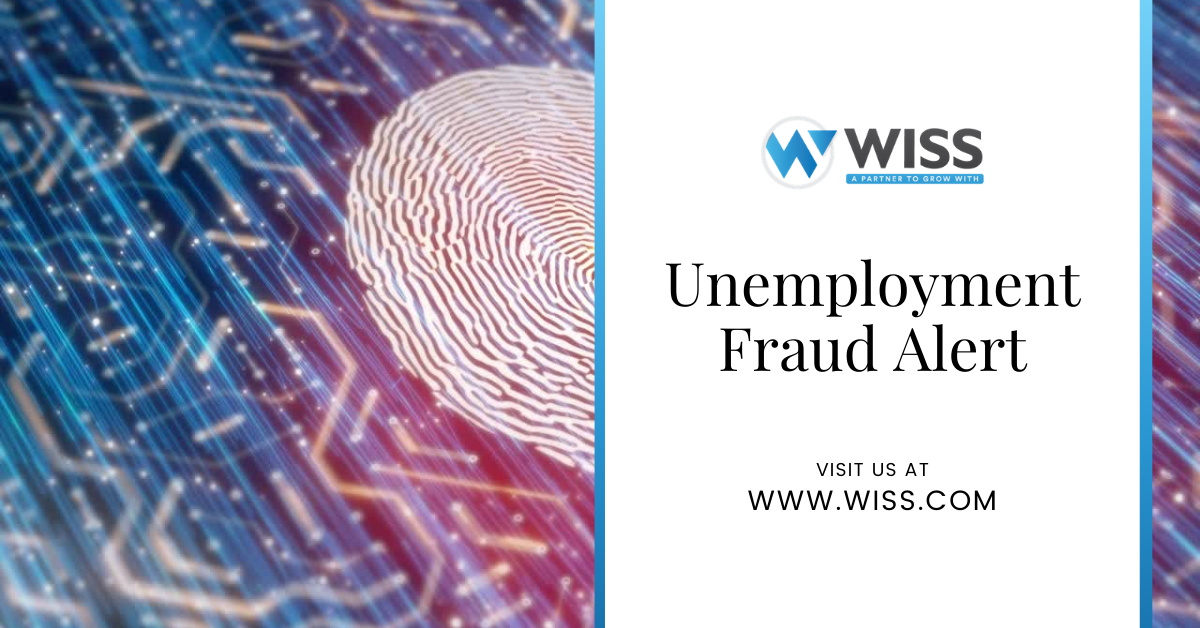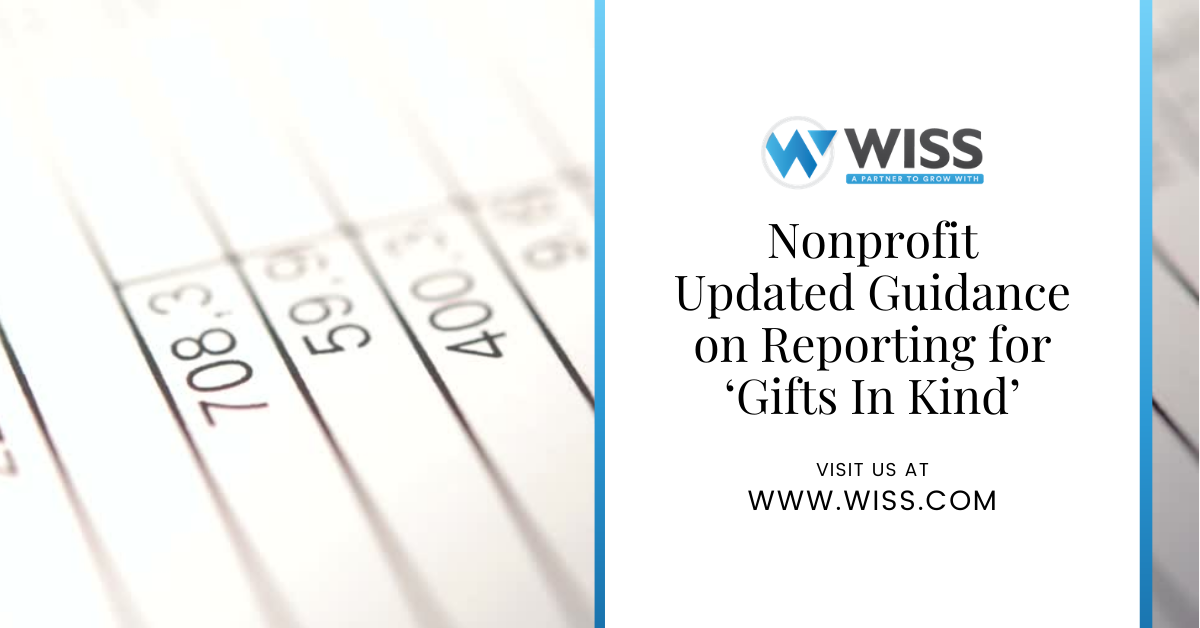The increased number of unemployment filings over the past few months in the wake of the COVID-19 pandemic has led to a surge in the number of fraudulent claims filed, as reported by many states across the country. In many cases, third parties attempt to file for unemployment insurance benefits using the name and personal information of someone else who is not out of work. Employers are finding they are receiving claim notices for individuals that are either actively employed or who left the organization yet did not file for benefits.
Often times, individuals may not be aware of the fraud until they receive a determination of benefits. By that time, payments may have already been made to an account controlled by the third party who filed the claim.
Pay Close Attention
It is critically important that HR and company officials diligently examine any unemployment claims they receive for accuracy in a prompt manner. Illegitimate claim forms that are ignored or not addressed quickly may be approved for payment of benefits.
If a company finds that it receives a claim notice for a current employee, it is likely fraudulent, in which case important action steps should be taken. In particular, during this time, it may also be prudent for HR to reach out to former employees for any notice received, in order to confirm they filed for benefits.
Employers may also wish to inform their employees about such fraudulent activity and encourage them to report any inaccurate correspondence they receive regarding unemployment benefits.
Report the Fraud
In the case of fraud, it is important to notify the employee, as there are action steps that should be taken to protect the employee’s identity. The individual state’s unemployment office should be contacted. The states of New Jersey and New York each have their own sites for reporting fraud. Companies in other states can find similar information on their respective state’s unemployment site.
Employees should also be advised to report the criminal activity to the Federal Trade Commission (FTC). Since personal information is used to file for unemployment benefits, employees’ identity may be exposed to further harm. The FTC’s website contains a step-by-step recovery plan. This plan includes reporting the activity to the major credit bureaus as well as the police and will be helpful in guiding your employees through the process to protect their identity.
Check Cybersecurity
Companies should also ensure that their technology is secure and that they have the right measures in place to protect employee information from cybersecurity attacks.

 Previous
Previous






